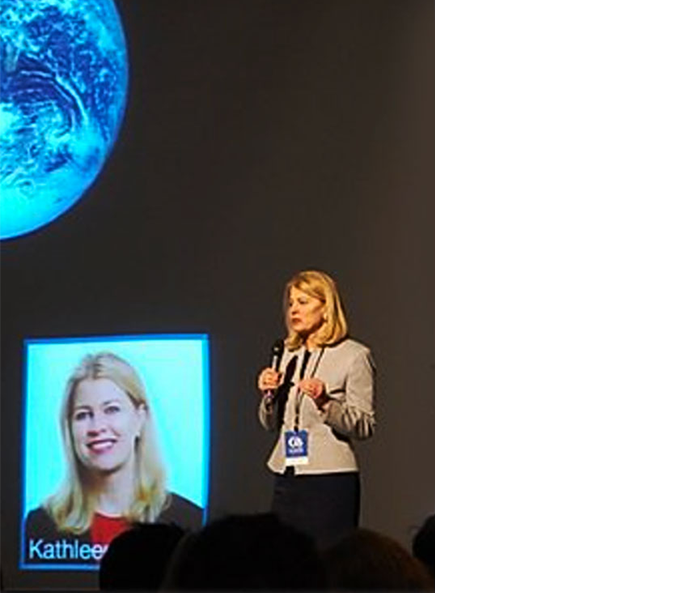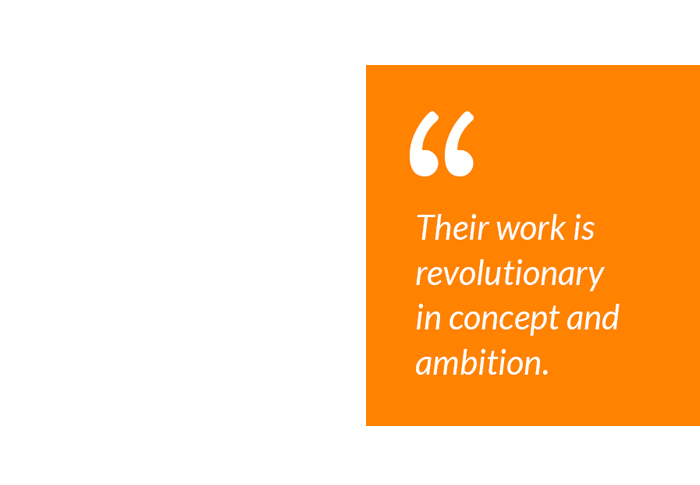Just as every fraction of a degree increase in temperature matters, every small action adds up. There are many ways each of us can make a difference, both in our personal lives and through engaging others.
Here is a list of ideas and resources as a guide.

Build Your Knowledge
Read
We recommend the following books. They're perfect for your next book club!
- A Thinking Person’s Guide to Climate Change by Robert Henson
- Climate of Hope by Michael Bloomberg and Carl Pope
- Drawdown, The Most Comprehensive Plan Ever Proposed to Reverse Global Warming edited by Paul Hawken
Subscribe
Signup to news outlets' climate change newsletters, such as:
- Climate Fwd from The New York Times
- Green Daily by Bloomberg Green
- Curated Climate News & Quarterly Newsletter by C-Change Conversations
Explore
Take a look at Climate Central’s website. Climate Central is an excellent, independent organization of leading scientists and journalists researching and reporting up-to-date facts on our changing climate.
Ask a Climate Expert
Still have questions? When in doubt, ask one of our climate advisors. And don't miss our topical blogs and the monthly curated climate change news.
Challenge Your Knowledge
Take this quiz to test your knowledge about what can be done to fight climate change.
Bring C-Change to Your Community




Talk to Others
Seriously! Recent research shows that conversations about climate change are critical to building consensus. We can’t act if we don’t talk about it, right? Start talking about your climate change concerns with family and friends. These conversations can sometimes be scary and uncomfortable. The Nature Conservancy offers a really helpful how-to-guide with 4 simple steps to get the conversation started.
Check out and share The Nature Conservancy’s funny and informative video, too!
Speak up at meetings of business and civic leaders, clubs you participate in, and wherever people gather. Every (seemingly) small action is necessary.
Reduce Your Carbon Footprint
Use this interactive calculator to understand your personal carbon footprint. Once you know, it’s easier to create actionable and realistic goals to reduce your personal carbon footprint.
Change your diet. Eat leftovers: 30-40% of our food is thrown away and, given the energy that goes into making and transporting it, we really should be paying more attention to this. Eat locally and eat less meat.
Travel smart. Consider buying one of those very fun-to-drive electric vehicles—it's one of the biggest ways to reduce your footprint. Why not offset the carbon you release while flying or driving?
Decarbonize your home. Get that energy audit for your house. Change your light bulbs out for LEDs and get energy smart appliances. Investigate solar energy and geothermal. Look to buy renewable energy through your public utility.
If possible, compost your organic waste instead of throwing it out and contributing to landfills. Here's are helpful composting guides from the New Jersey Agriculture Experiment Station and from the website Eco Watch.
